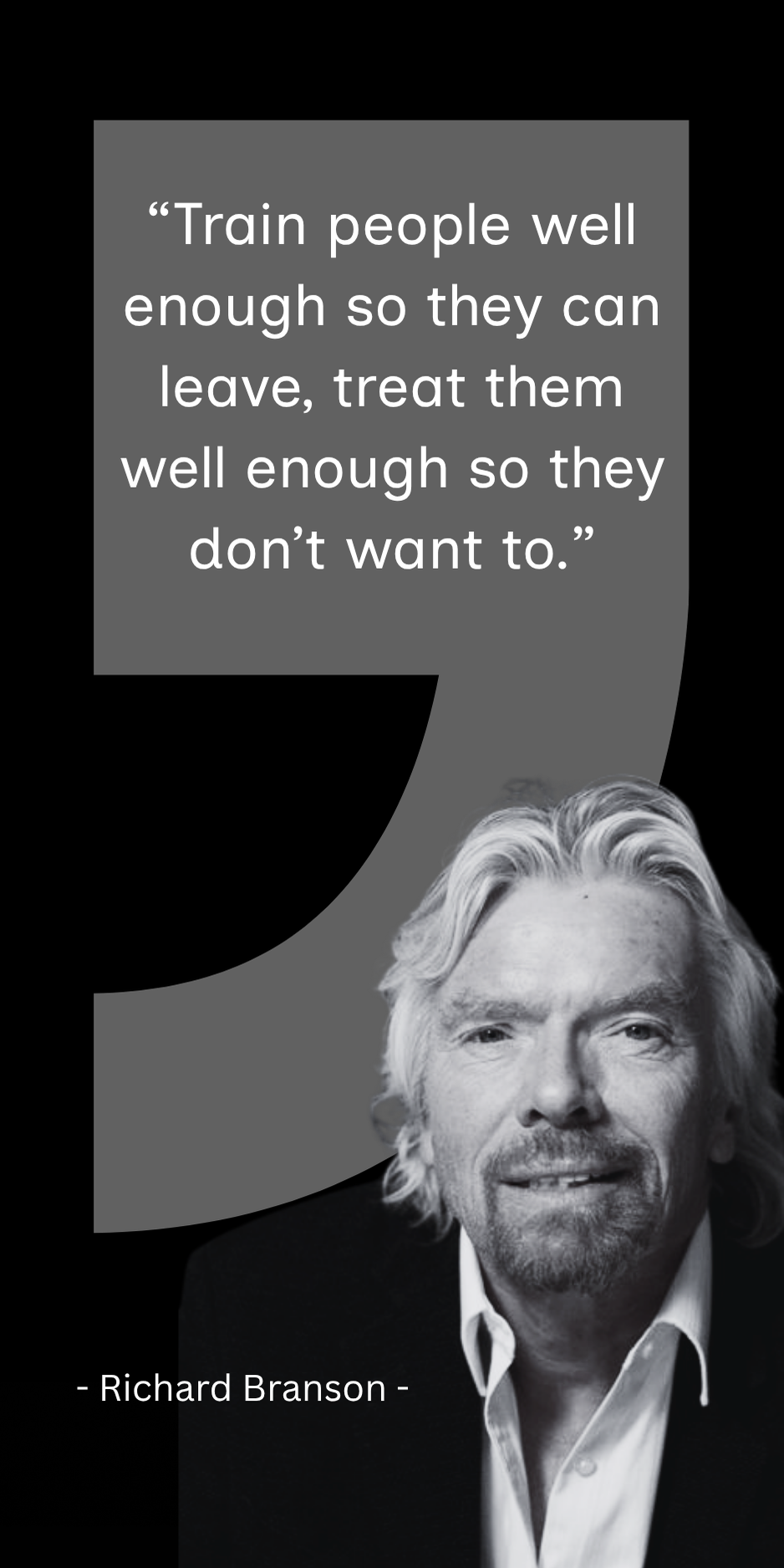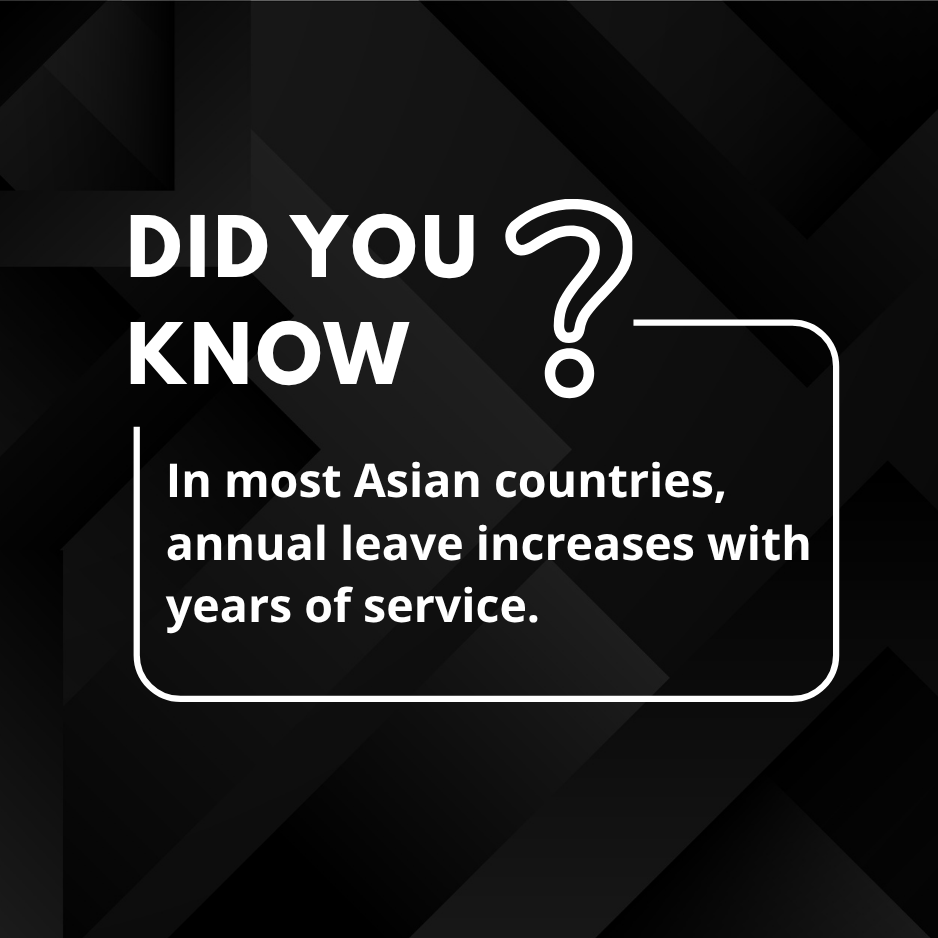Now Reading: Belonging at Work: Airbnb’s People-First Approach to Culture and Community
-
01
Belonging at Work: Airbnb’s People-First Approach to Culture and Community
Belonging at Work: Airbnb’s People-First Approach to Culture and Community

In today’s work environment, workers want more than just their salaries. They are looking for purpose, community, and a feeling of being a part of something. By identifying this change, Airbnb changed its human resource management (HRM) model by giving the HR department the “Employee Experience” team name. Such a change was not only physical. It was a sign of the company’s conscious attempt to architect policies and procedures that merely manage employees but also empower them to feel included, integrated and remaining loyal to Airbnb’s objective of making the planet “a place where one can be at home anywhere.”
From HR to Employee Experience
In the modern working environment, employees desire much more than a simple salary; they still seek to find meaning, community, and a sense of belonging. To get results from such a transformed dynamic, Airbnb adopted a new strategy for its labor relations by launching the ‘workers’ experience’ program, thus avoiding the usual human resources department.
This was more than a mere change in looks. This indicated a conscious move to plan and design policies and activities, which do not only take care of the administration, but more so on the issues of employee engagement through activities/programs that embody inclusiveness, ensure that every employee feels part of that unique community and lastly create an alignment with the aims of Airbnb as an organization to change the world into one “where it is possible to belong anywhere.”
Traditionally, HR has been linked with various processes such as payroll, compliance, recruitment, and benefits administration. Although the functions are vital, they are not enough to represent employees’ complete experience within a company. The reshaping and retitling of HR’s work as “Employee Experience” led to a movement from the role of the administrative gatekeeper to that of the cultural steward.
Every function belonging to this department is employee lifecycle stage is onboarded, developed, well-lived, and community building. The overriding question is no longer, “Are policies adhered to?” but “Do employees feel they belong?” Such a transition in mood, though imperceptible, is very instrumental as it brings the theme of emotional connection to the forefront of organizational life.
Traditional HR has frequently been pictured as a series of processes involving payroll, compliance, recruitment, and the administration of benefits. Even though these functions are necessary, they alone cannot depict the overall experience of employees in an organization. The decision made by Airbnb to rename and rebrand HR as ‘Employee Experience’ changed the concept of the function from the role of administrative gatekeeping to that of cultural stewardship.
The human resources department, essentially, deals with the employee lifecycle (every stage), starting with the hiring process and then moving on to training, the company’s support program, and community-building efforts. The point of reference for the department’s activities is now not only ‘Are policies being adhered to?’, but also, ‘Do employees feel they belong?’ Such a small, yet mighty effect that brings the feeling of belonging at the core of organizational life.
Belonging as a Strategic Driver
One of the major aspects of Airbnb’s focus that satisfied the needs of customers is the concept of ‘belonging’. It goes even further than what the company does for the clientele – as travelers are given places where they are at home, the company also tries to bring that very same feeling internally among its staff. The idea of ‘belonging’ is bigger than just engagement; all the more meaning being given to it, as it includes such factors as inclusion, trust, and shared purpose.
The employees who identify themselves with the sense of belonging are, indeed, the most valuable workforce, as they will contribute in an authentic manner, will collaborate in a more efficient way, and will remain loyal to the company. The research confirms this: belonging has been correlated to high productivity, less turnover, and more resilience. For Airbnb, the concept of belonging is not an element from ‘soft’ HR objectives but a significant factor in performance and culture.
Policies and Practices That Foster Belonging
Airbnb has implemented various measures to ensure that the sense of belonging is deeply ingrained in the employee experience framework:
Training is not the only thing that new hires get, rather they also get to experience the company culture which ensures that they get to connect with the company’s mission right from the first day. Employee resource groups and cross-functional networks allow employees from different backgrounds to get to know each other and share their points of view. Policies that take into account the needs of individuals send a message that employees are recognized as complete people and not only workers. The employees are given the opportunity to share their personal stories and cultural experiences, thereby dismantling the idea that different identities can be a barrier to the workplace but rather they can be a source of enrichment. When combined, these behaviours transform belonging from being just a catchphrase into being on people’s minds all the time.
Airbnb’s method is full of insights that HR people can utilize to change their ways. Present the HR department not only as the people who manage but as the creators of employee experience and culture. Assess each activity’s advantages, giving benefits, development possibilities through the prism of inclusion and relationship. As Airbnb incorporated belonging into its brand, HR can link employee experience to the company’s purpose and values. Support networks of employees and bring about the existence of safe spaces that encourage honesty and inclusion. Follow up on belonging as one of the factors along with engagement and retention, making it one of the success drivers.
HR Beyond Administration
Belonging at Airbnb is a shining example of how HR can be reimagined as a function that is driven by experience. The company is not only bringing its internal culture closer to its external mission through community, diversity and engagement-based policies but also ensuring that there two are closely aligned.
The lesson for any organization around the world is very clear: HR is not only about the rules and regulations but also about the atmosphere that employees experience at the workplace. Empowering employees to feel that they belong will eventually lead them to connect not only with their co-workers and managers but also with the company’s mission which is the key to both human and organizational growth.












